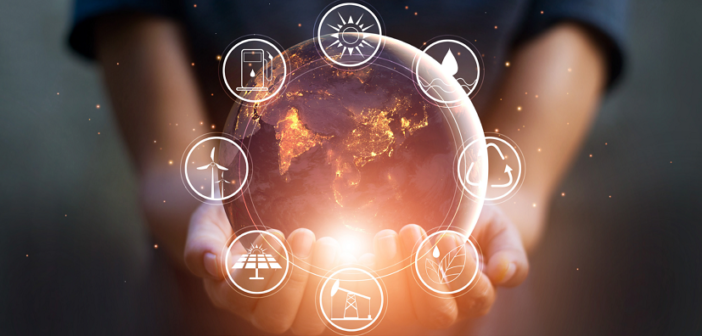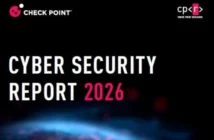
By
Iain Strutt
A brief look at energy security issues The SARS-COV-2 virus (COVID-19) has brought working from home and distance learning into a clearer focus and has shown that certain workplaces can still be effective though the staff can be geographically dispersed. Applications such as Zoom and Microsoft Teams have highlighted that a steady stream of electrons can keep the national economy moving. But what if this flow is compromised? Put bluntly, turning off the lights in another country would reduce living standards to the nineteenth century if successful. There needs to be an understanding of energy security and the
need for greater safeguards.
Electricity production is designated critical infrastructure & has become a prime cyber warfare target. Offensive cyber-attacks offer nation states an avenue to augment their power without triggering an armed conflict. An offensive cyber operation is defined as being able to ‘deny, disrupt, degrade or destroy targeted computers, information systems or networks’ and this also includes ‘attacks that affect critical infrastructure, such as electricity networks’. Such examples include the Russian attack on the Ukrainian
electricity grid twice & the high profile Stuxnet attack on the Iranian nuclear facility at Natanz.
Cyber war is a term everyone uses though there is no clear definition with any clear international rules to govern what is a proportional response in the physical world. In instances like those mentioned above, cyberattack is prioritized over cyber defence and with state-on-state ‘big battalion’ conflict becoming rarer, irregular warfare in this form is set to continue globally. The profile of a typical cyber-attacker falls into two categories; a nation state or its’ proxy, or a criminal enterprise such as a crime syndicate. Motivation is different for each group, whereas a criminal syndicate is motivated by monetary gain; a nation state may be probing for a future attack or, having done so previously, launches a significant assault…Click here to find out more.






